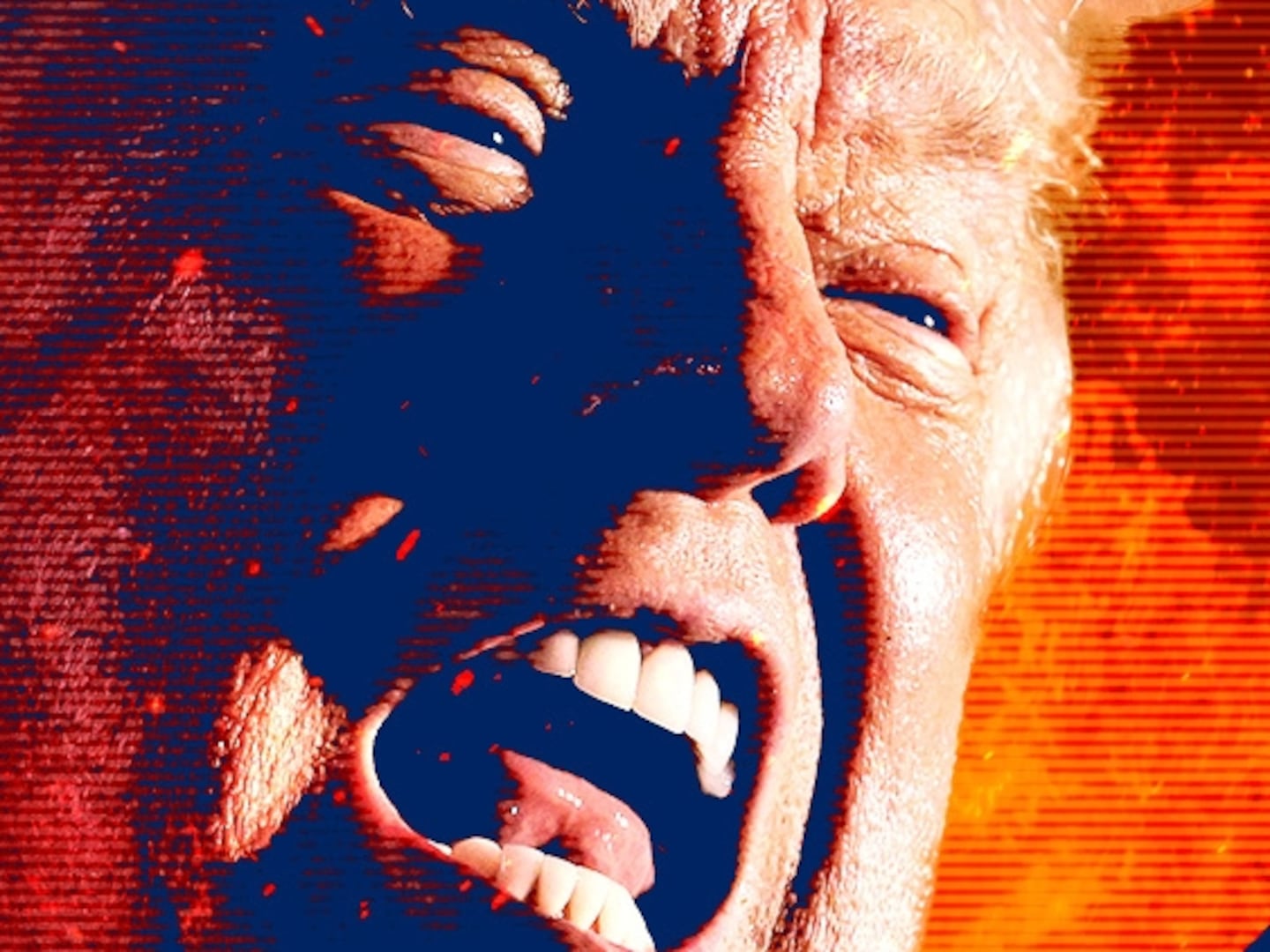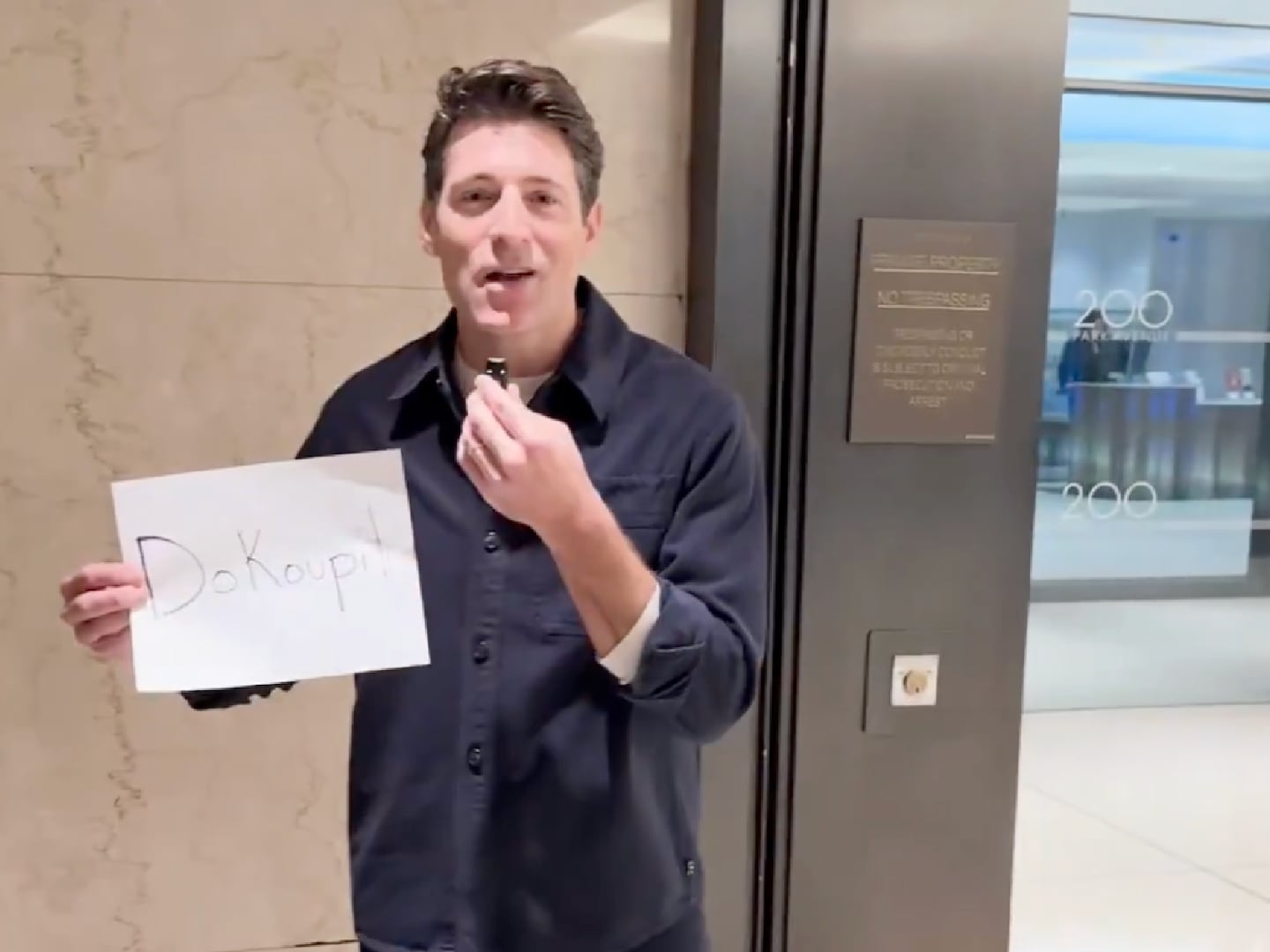As soon as I saw the news yesterday, I called my father. Dad moved to a little town north of Boston a few years back, and for all I knew, he'd driven down to the marathon to take in the running on this beautiful spring day.
He picked up his home phone. "Are you all right?" I asked, then realized. "Of course you're all right. You're in the house."
He had no idea it had even happened. We reassured each other for a few moments, then I hung up.
I didn't write about it yesterday because I didn't know what to say. The air was full of indescribable suffering and questions for which I have no answers. Who did this terrible thing? Why?
Today, however, we're talking about things I do have an opinion on: how we will respond to the tragedy. Not the law enforcement response, which we all hope will be swift, vigorous, and successful in apprehending the perpetrators . . . but how we will try to prevent the next such occurrence. Ross Douthat hopes that we will not turn our sporting events and other everyday life moments into lockdowns, a sentiment with which I heartily agree. Bruce Schneier wants us to refuse to be terrorized by such an exceptionally rare event, an opinion I also endorse.
James Joyner, however, thinks that Ross and Bruce and I are being too sanguine--that there is a great potential threat out there:
Unlike Schneier, though, I actually think the threat is under-appreciated. That is, while these attacks are thankfully rare, I can’t for the life of me figure out why. The Boston Marathon and the Super Bowl are comparatively easy to secure, because they’re one-offs, generate sufficient revenue to make a security investment reasonable, and obvious targets. It’s simply impossible to protect all of our schools, shopping malls, movie theaters, airports, and other places where hundreds and even thousands of people gather on a daily basis.
It's true that there are lots and lots of places in America that a terrorist could attack. I can right now think of several terrorist strategies which would kill a lot of people and be nearly impossible to defend against. I'm not going to offer terrorists any ideas, but here's one that's already been tried: the DC sniper. They were caught only because they were too poor to switch the cars they were shooting from; a slightly better bankrolled effort could have effectively gone on forever. And you can't really imagine how you'd re-engineer America to defend against such attacks.
So why don't they happen more? The most convincing answer I've gotten to that question is that fostering terror is only one of the aims of a terrorist attack. These attacks also function as recruiting, and as fundraising promotions for your terrorist organization. There are what you might cal business considerations, in other words, and those business considerations dictate the kinds of attacks that terrorists want to carry out.
Thank God, randomly shooting one person every week or so does not satisfy the business plan. Terrorists want large, splashy attacks on specific sorts of targets that have high emotional resonance for both the victims and the people on your side who you hope to recruit, or tap for money. This helps explain why Al Qaeda was so obsessed with the Twin Towers, a place that--until they fell--most New Yorkers regarded as a rather ugly landmark containing some so-so office space. To a terrorist group looking for publicity, on the other hand, it had immense symbolic value: the tallest building in America's biggest city, with the hubristic name of "World Trade Center".
That's why we don't get high-frequency, low-intensity attacks on crowded spaces near some Texas town that no one in Abottabad has ever heard of. When attacks on those places happen, they tend to be the provenance of local lunatics for whom the nearby mall, or primary school, has some immense symbolic emotional importance.
And thankfully, there are not nearly as many lunatics as there are schools, or malls, or even marathons. That's why most of our public spaces are safe from mad bombers--and I'm glad to say, why they will remain so.





